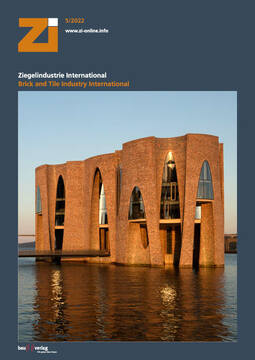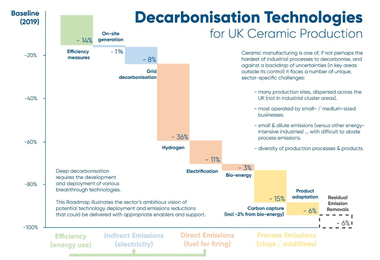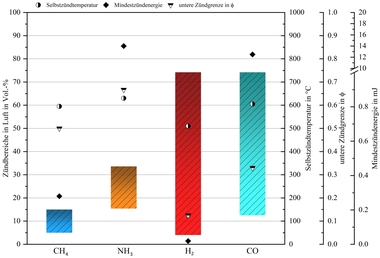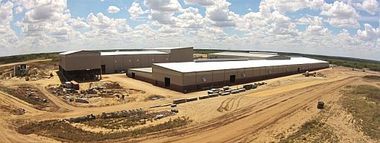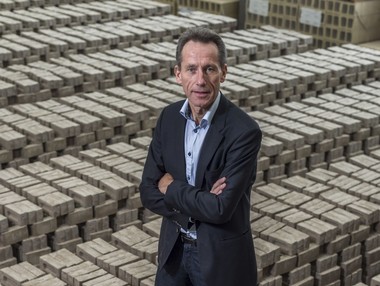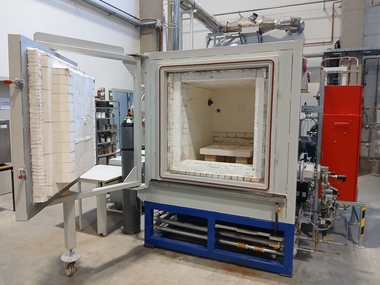Michelmersh aims at producing the world’s first 100 percent hydrogen fired clay bricks
Michelmersh Brick Holdings, one of UK’s largest producers of bricks and tiles, aims at producing the world’s first 100 percent hydrogen fired clay bricks. The company has announced its successful bid to the Department for Business, Energy & Industrial Strategy (BEIS) UK Government, Industrial Fuel Switching competition to conduct a feasibility study to replace natural gas with hydrogen in the brick making process. The programme is part of the £1 billion Net Zero Innovation Portfolio (NZIP) which aims to provide funding for low-carbon technologies to decreasing the costs of decarbonisation.
Michelmersh is leading the BEIS ‘Deep Decarbonisation of Brick Manufacturing’ project, working alongside a panel of expert partners. The consortium includes Limpsfield Combustion, Net Zero Associates, the University of Brighton, Greater South East Net Zero Hub, FT Pipelines, Geopura, and Safety Monitors.
According to the company’s press release, the project represents a global flagship physical study to replace natural gas with hydrogen in brick manufacturing. Objectives of phase 1 of the project, which started in spring, are to demonstrate the viability of fuel switching and actual use of hydrogen in the clay brick production process at Michelmersh’s Freshfield Lane site in Sussex, UK. Green electrolytic hydrogen is used for the study.
Study with brand name HyBrick
To raise awareness for the project and to promote it, Michelmersh has established a dedicated brand, HyBrick. The so called HyBrick study will explore testing of specific infrastructure components to prove hydrogen firing capability and determine any impact on overall quality, brick integrity or aesthetics. Data will be collected and analysed to ascertain any effect to process temperatures or stability. The bricks will then be compared against control bricks (produced using 100 percent natural gas) to ensure they meet all technical, aesthetic and characteristic requirements, with independent laboratory testing to determine their durability and structural performance. A selsct quantity of resulting HyBrick products will be presented to the most engaged customers and stakeholders of Michelmersh.
In conjunction with this study, research is also taking place into Michelmersh‘s ability to produce and provide resilient, clean on-site hydrogen.
According to Sarah Le Gresley, Innovation Director, Sustainability Group Chair and Applications Manager at Michelmersh, the trials will show that in addition to reducing emissions to zero through energy use, the use of green hydrogen has the potential to reduce process emissions by over 60 per cent.

